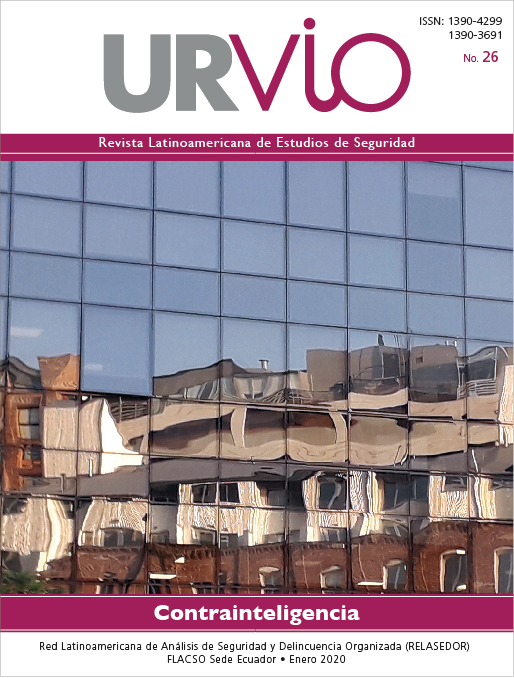International Migration and Climate Change: Connections and Disconnections between Mexico and Central America
Main Article Content
Abstract
Climate change in Central America generates, among other effects, migrations inside and outside the countries of origin. The Central American migration that travels through Mexico is important because of its volume, because it is undocumented and diversified socially, by gender and age. Some Mexican localities susceptible to climate change are on the migratory routes through Mexico, while others with the same susceptibility may be receivers of emerging indefinite settlements from those who expect a response to their request for refuge in the United States, since 2019. The objective of this article is to analyze the possible relationship between the Mexican localities with climatic problems and the transit of Central American migrations, as well as referring the risks of those who are receivers of the new settlements. Based on secondary sources and empirical results, these processes are analyzed from a procedural historical perspective. The conclusions point to knowledge gaps, mixed migratory flows that include migrants for climatic reasons, transit through a low number of Mexican towns with climate risk, dispersed by migratory routes and also to processes with some connections and others that, without having them, do not escape the risk of fostering possible social intolerances.
Downloads
Article Details

Urvio, Revista Latinoamericana de Estudios de Seguridad, operates under Creative Commons Attribution-No Derivative Work 3.0 unported (CC BY-ND 3.0).
The authors who publish in Urvio accept these terms:
You are free to share / copy and redistribute the material in any medium or format for any purpose, including commercial. Therefore, authors retain the copyright and cede to the journal the right of the first publication (CC by-ND 3.0), which allows third parties the redistribution, commercial or noncommercial, of what is published as long as the article circulates without changes.
The following conditions exist for the authors:
Recognition - you must recognize the authorship, provide a link to the license and indicate whether changes have been made. You can do this in any way reasonable, but not in a way that suggest that has the support of the licensor or receives it by the use he makes.
Without Derivative Work – If you remixed, transform or create a work from the original material, you cannot broadcast the modified material.
For more details, visit the page of Creative Commons (CC).






